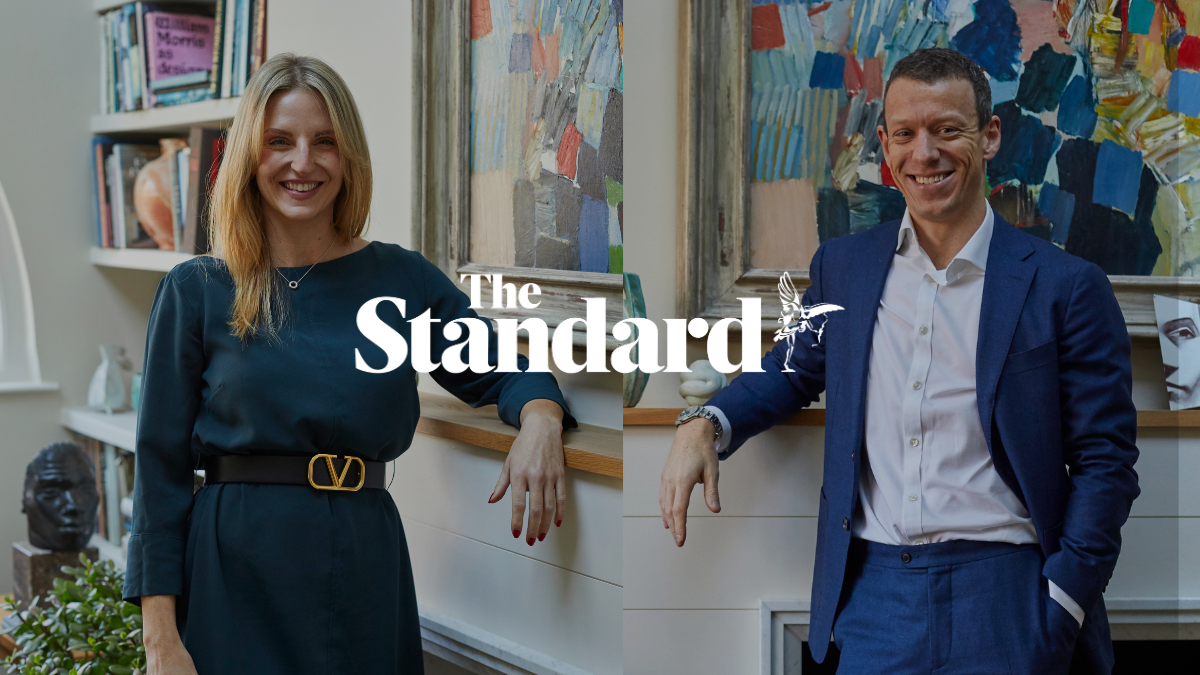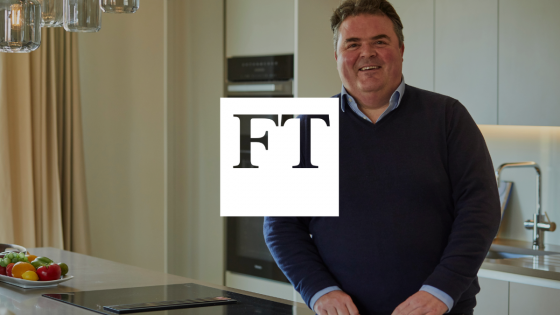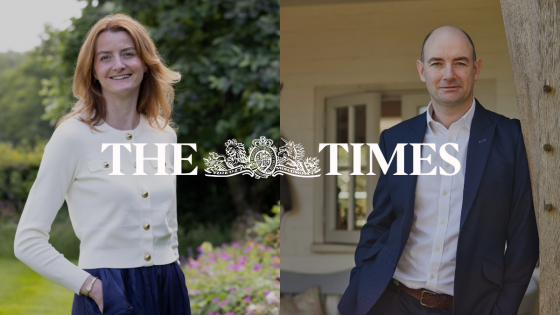Determining the value of a home is an art, not a science. No pound-per-square-foot formula can be applied to a sleek penthouse flat with no outside space and a picturesque cottage with a rambling garden, even if they sit next door to each other and are exactly the same size.
Ultimately, the old adage applies: a property is worth what someone is willing to pay for it. This is equally true if you are selling or buying it.
The seller’s estate agent will use comparable sales to substantiate the asking price. But as the buyer you will need to do some of your own research, and most importantly, ask yourself some guiding questions to understand how much the property is worth to you, personally.
These include how much you can afford to pay for it; how long you see yourself staying there; and how disapointed you would be if you lost the property for a small percentage of the overall transaction value.
If you genuinely want the property, take that into account before you make your first offer. Don’t just look at the guide price and subtract 10 per cent because that makes you feel as though you’re ‘negotiating’.
So what is the right price and how do you determine it and get the seller to agree? We’re here to help you find that sweet spot with these golden rules.
If you want it someone else might too
While it’s true that guide prices are often set too high in the first place — as evidenced by the daily notifications of price reductions from Rightmove and Zoopla — if you’ve set your heart on somewhere, there’s a good chance someone else will have too.
So don’t put yourself on the back foot against the competition by being too aggressive. Remember — if material problems do come to light in your survey, or your lender’s valuation, there will be another opportunity for negotiation prior to exchange.
It’s a buyer’s market — but not for all houses
In London, nothing is simple. In theory, the balance of power in price negotiations should depend on whether it’s deemed to be a buyer’s or seller’s market.
Being represented by a buying advisor is by far the best way to ensure you are made aware of available properties in the first place and secondly, that you successfully navigate the complexity of price negotiations from your opening offer to completion.
You don’t have to be the highest bidder to have your offer accepted
When it comes to making your offer your reputation in the market-place and that of your representatives, will impact on the credibility of your offer.
Having a strong and positive relationship – and reputation – with the estate agents involved will be to your advantage.
Accompany your offer with a strong covering letter describing your buying position and intent.
By Ashley Wilsdon & Rhianne McIlroy
Find the full article here







